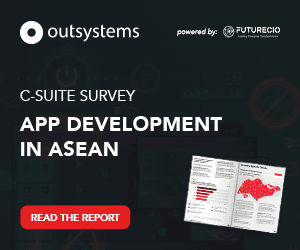A new report by HubSpot found that despite 51% of business leaders in Singapore reporting AI use for their work, only 27% of local organisations have officially implemented AI or AI-enhanced tools to support employees with their work.
Most business leaders (82%) have raised concerns about the lack of visibility of AI use across teams, possibly hindering Singapore organisations' ability to fully leverage AI's potential.

"While AI holds considerable potential to positively transform how businesses market to, sell to, and service customers, our research suggests that ongoing gaps between AI strategies and operational realities are impacting how companies use AI,” Dan Bognar, VP & MD, JPAC at HubSpot, said.
“Shifting from independent to company-wide use will require the development of clear guidelines outlining AI usage policies, equipping employees with the relevant AI skill sets, as well as integrating AI solutions with data and tools currently in place. Most importantly, proper measurement frameworks need to be implemented to accurately track AI's business impact," Bognar added.
Measuring AI ROI
The study found that business leaders capable of effectively tracking and measuring AI's impact are much more likely to see tangible benefits, including increased productivity (88%), increased efficiency (76%), and employee well-being (61%).
From a business standpoint, benefits include increased revenue (75%), improved customer satisfaction (75%), the ability to generate better leads (60%), and a reduction of overall costs (46%).
However, a lack of success metrics (49%), relevant talent and skill sets (48%), and visibility of AI use (45%) hinder business leaders from measuring the impact of their AI efforts.




